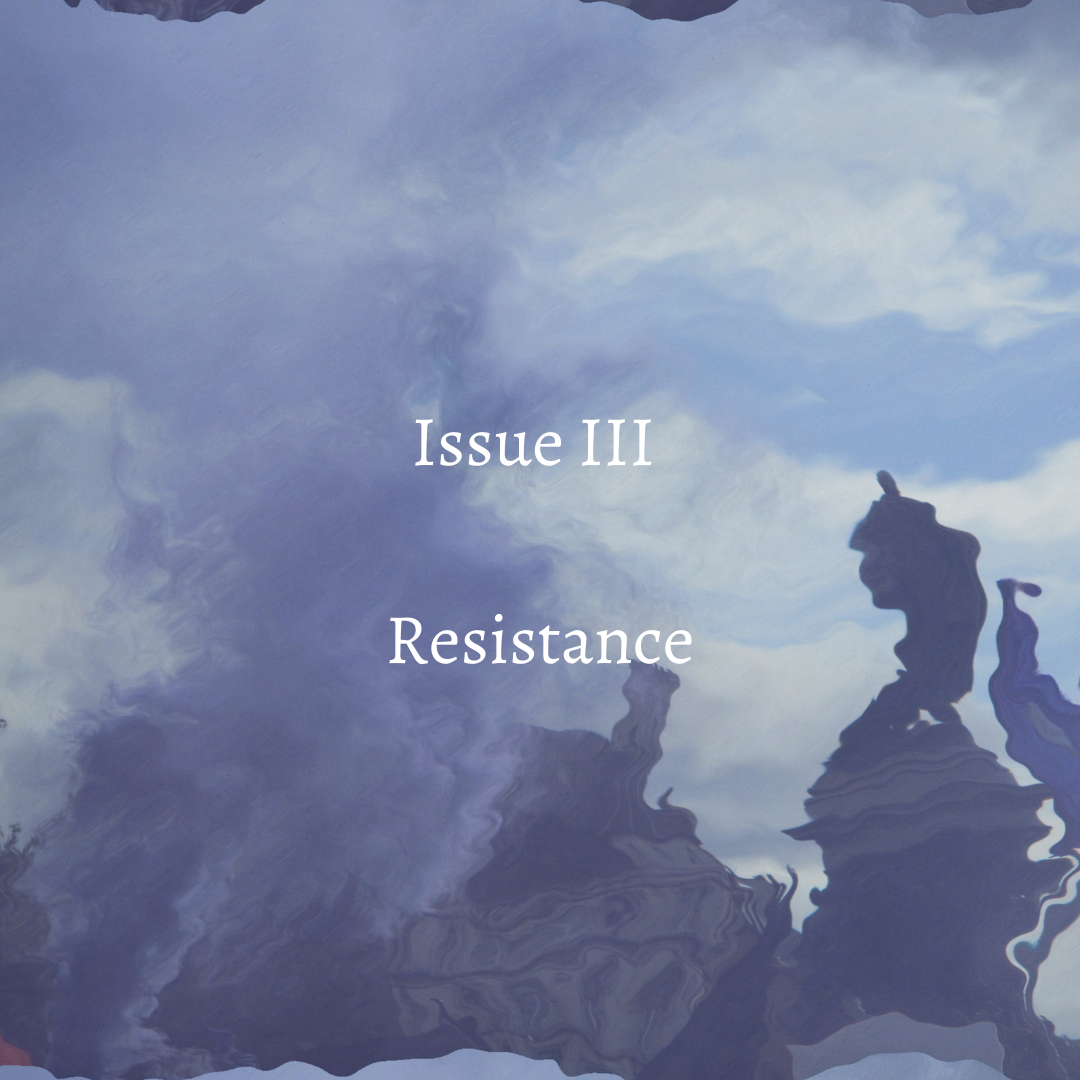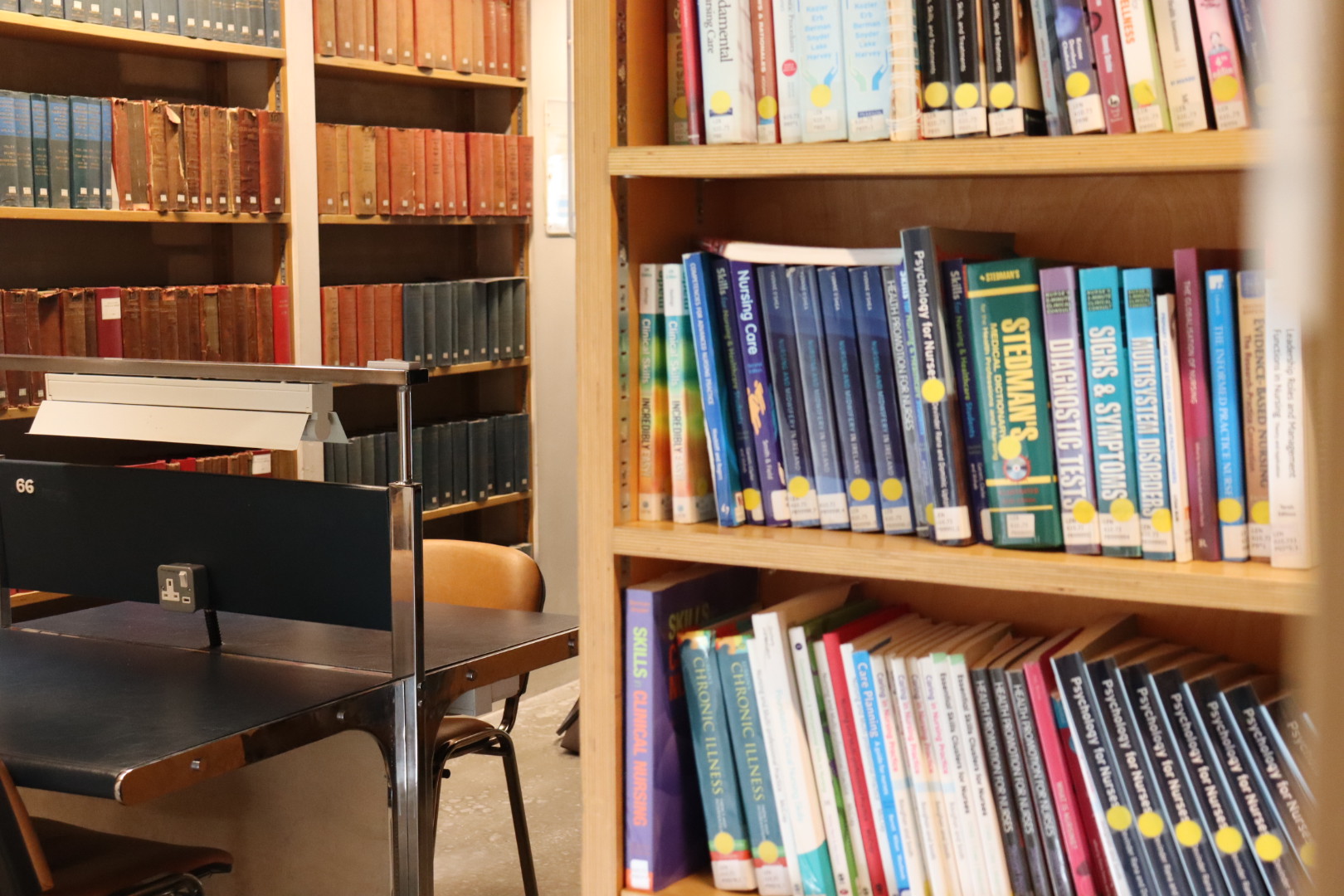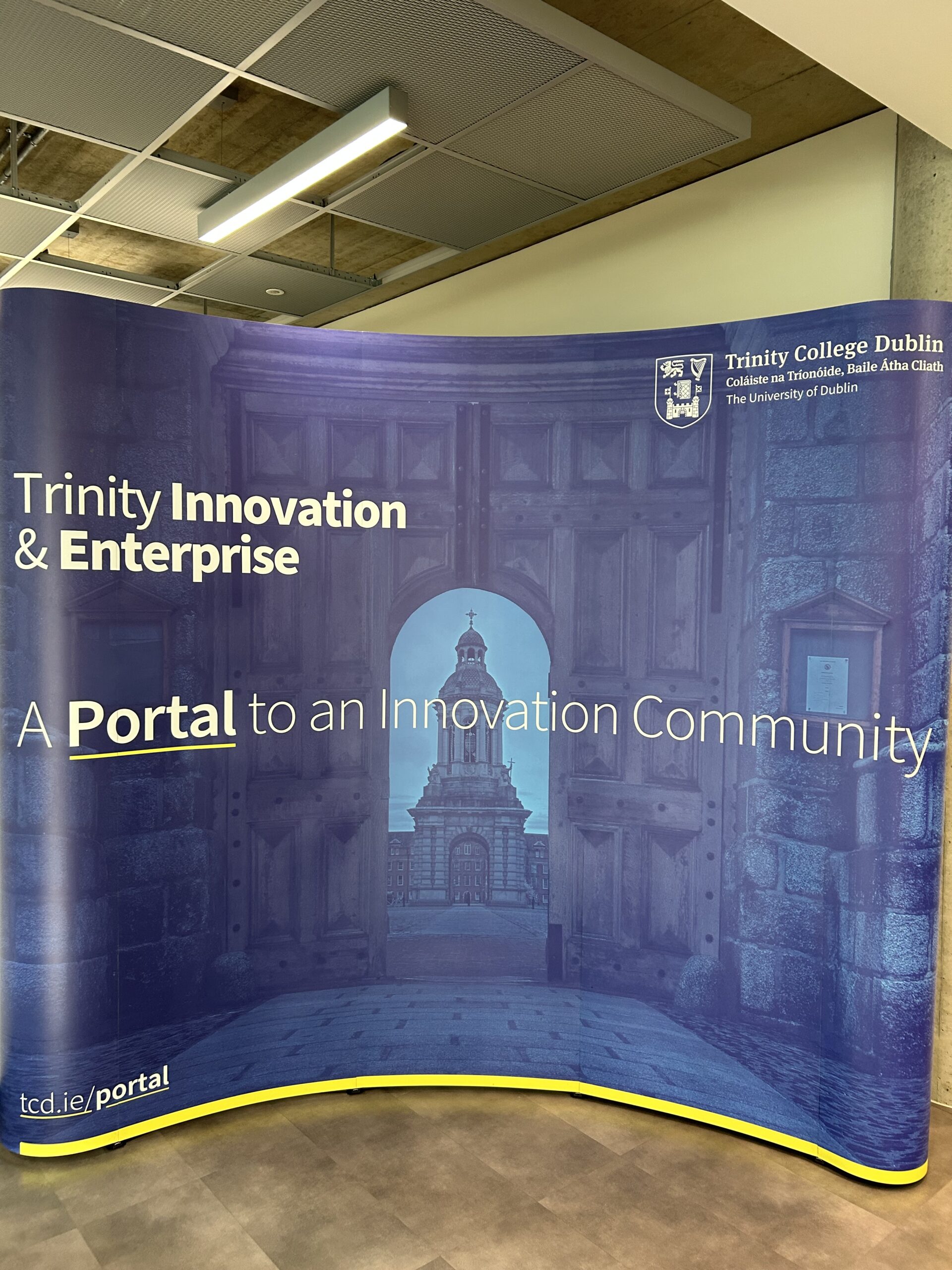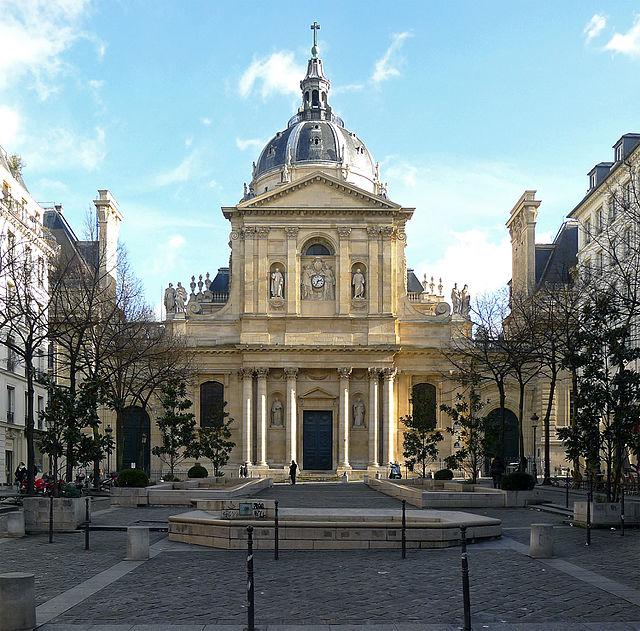
Shakespeare wrote some of his most famous plays during his infamous quarantine, but is it possible for creatives today to strive towards a similar goal?
At a time when creatives were feeling most restrained, Molly Riney and her co-founder Kristiyan Kazakov took to the drawing board. Their creative platform, The Outpost Éire, which began as a project to showcase their personal work, has since blossomed into a popular online publication welcoming contributions.
Speaking with The University Times, the co-creators agreed that it was great to turn such a restrictive time in their lives into something positive. Riney described how the growth of the online publication had a snowball effect: “The more work we saw, and the more creatives we engaged with, the more determined we were to ensure that The Outpost would be able to act as a free platform for creator’s work.” In particular, Riney emphasised the fact that The Outpost Éire was first and foremost a space for all “styles, mediums or even subject matter”.
In terms of content, The Outpost Éire has a heavy focus on the many restrictions placed on people both throughout the pandemic and throughout history. The first issue featured the SARS Crisis in Nigeria, while the second focused on the violence and restrictions placed on basic human rights in Palestine.
One contributor, Jane Murray, noted the restrictions of gender inequality and questions whether this pandemic has made women even more isolated. Murray explained that “76 per cent of the healthcare workers in the European Union are women”, therefore this extremely stressful time has undoubtedly caused them to feel “disconnected from their family, friends and society as a whole”.
In the midst of the pandemic, many people realised the importance of the arts and having the freedom to create. Riney explained how, “The Outpost was very much born out of a need to have a free space for Ireland-based creators to showcase their work”. The platform is a space for all creatives, as it displays a varying myriad of content from literature to music and artwork.
While some creative platforms have a specific theme or medium that they look for, The Outpost Éire stands out as it welcomes all pieces of art. Though it deals with a theme in each issue, Riney pointed out how the set topic still enables a “plethora of work” to be featured, no two pieces are alike in any sense.
On the subject of how content has been created and evolved during a time like this, Riney noted the change in subject matter and tone from the first issue to the second. The first issue “featured many people’s take on how the lockdown had affected them personally, or indeed their communities and relationships”.
In contrast, the second issue of the publication was still shaped by the pandemic. Riney noticed a shift in the subject matter being “manifested in a much more positive or even hopeful way”. She described how the work that is being submitted at the moment for the next issue is noticeably “born out of a more free and optimistic group of creatives”.
The third issue, aptly named Resistance is coming close to its release date, the public can expect some new and exciting content. Riney explained how the platform has “expanded out to include more obscure and often textile-based submissions as opposed to solely the more traditional art forms”. As the publication continues Riney hopes to feature the work of small Irish businesses. She stated that “it’s wonderful to be able to promote Irish creators who are pursuing their passion as a career and give them another platform”.
You can find more information on The Outpost Éire on their Instagram page @theoutposteire






